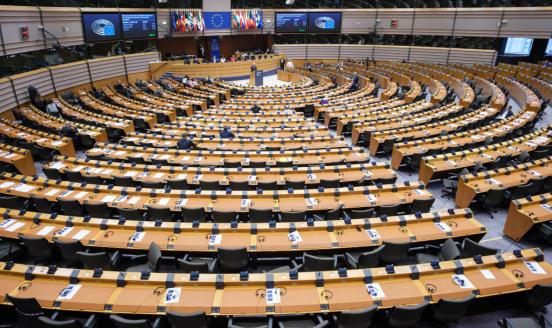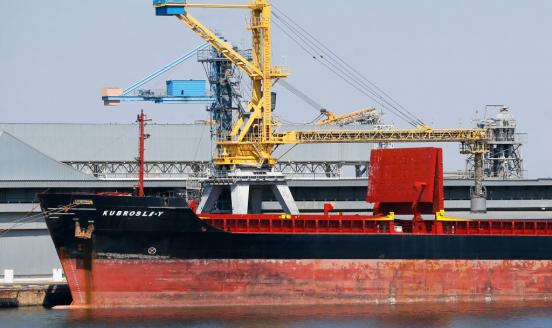Instruments of economic security
The challenge of improving European economic security has grown in importance, with various relevant policy measures introduced at EU level

Geopolitical and economic developments, including Russia’s invasion of Ukraine and trade disruptions during the COVID-19 pandemic, have raised concerns about the European Union’s exposure to hostile countries. The challenge of improving European economic security (which we narrowly treat here as exposure to foreign trade or production shocks) has grown in importance, with various relevant policy measures introduced at EU level.
Focusing in particular on the threat posed by economic coercion, this paper begins by assessing the nature of this threat, before outlining two lessons that can be drawn from two recent instances of this coercion in action: China’s actions against Lithuania and Australia respectively. First, while much of the policy debate has focused on imports, the threat to EU exporters should not be ignored. Second, while coercion may not cause any macroeconomically significant harm, this may mask severe impacts on the targeted industries, which should be considered in any policy responses.
The EU has significantly added to its policy tools in this area, though some of the instruments introduced under the umbrella of economic security go beyond the definition we consider. An effective response should be built around: building a deeper understanding of the risks facing the EU; improving diversification of both exports and imports; using targeted industrial policy in the limited sectors where the risks warrant intervention; and managing and limiting the fallout of any shocks using ex-post instruments.
This working paper is based on McCaffrey, C and N. Poitiers (2024) ‘Instruments of economic security’, chapter 6 in Europe’s Economic Security, Paris Report 2, CEPR and Bruegel. We would like to thank Alicia García-Herrero, André Sapir, Beatrice Weder di Mauro, Chad Bown, Heather Grabbe, Guntram Wolff, Jean Pisani-Ferry and Jeromin Zettelmeyer for their comments and discussion and Luca Léry Moffat for excellent research assistance.



